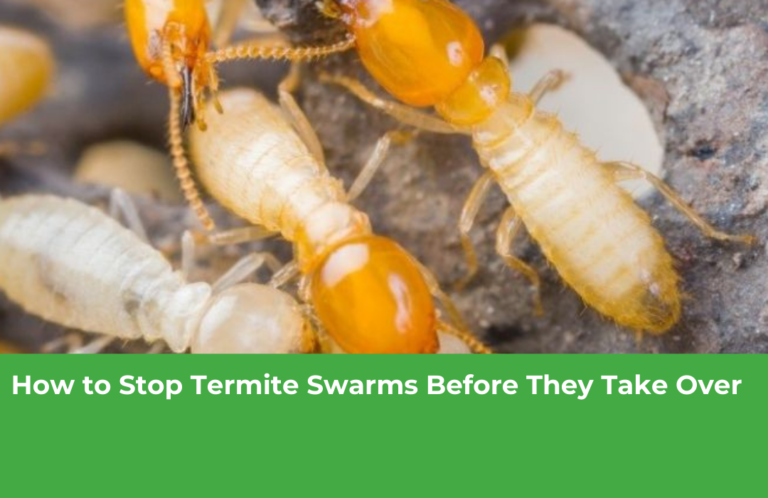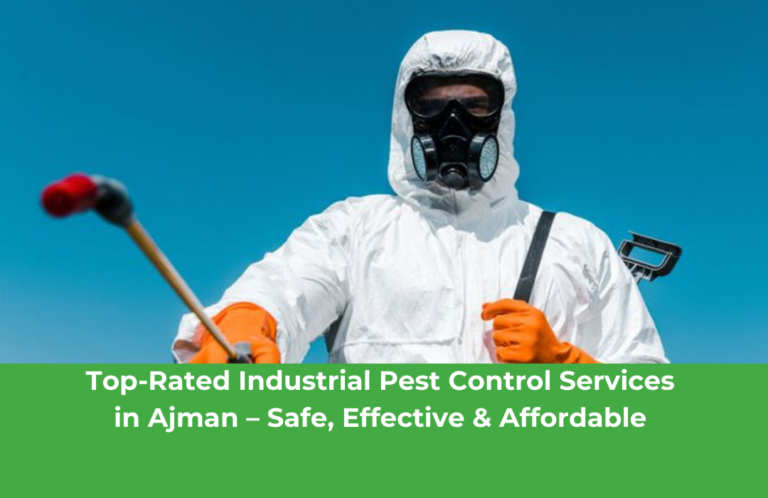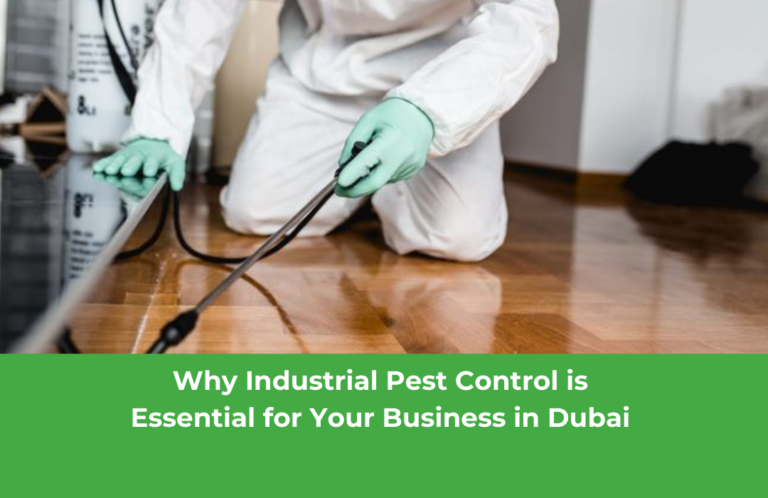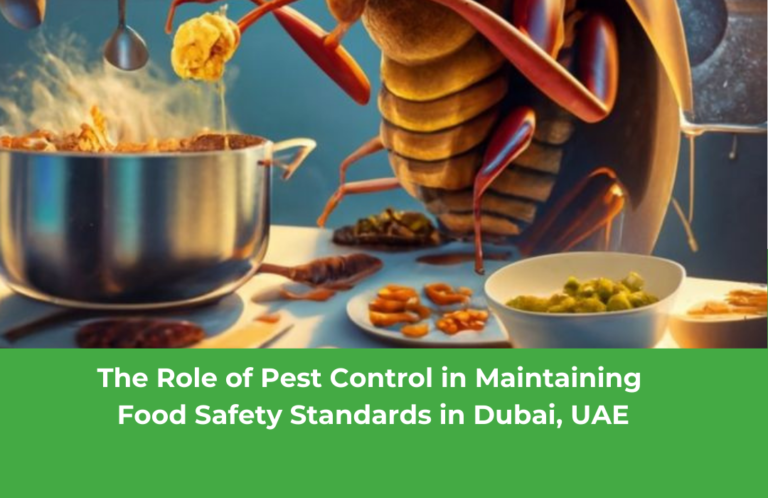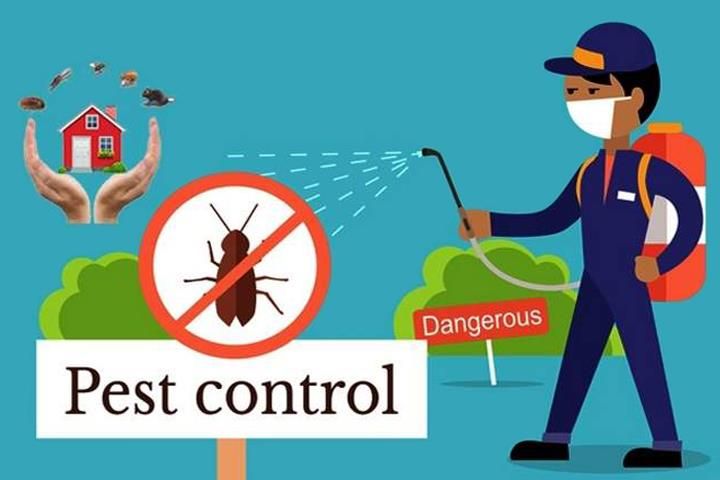Defending Against Mosquito-Borne Diseases: Your Ultimate Guide to Prevention
Introduction 1. Deadly Mosquito-Borne Diseases that We Need to Know It’s foolish to ignore mosquitoes as just pesky insects; they have the potential to cause significant threats to our health. It’s only because of the mosquitoes that we became aware of mosquito-borne diseases such as dengue fever, malaria, Zika virus, and West Nile virus. Every…
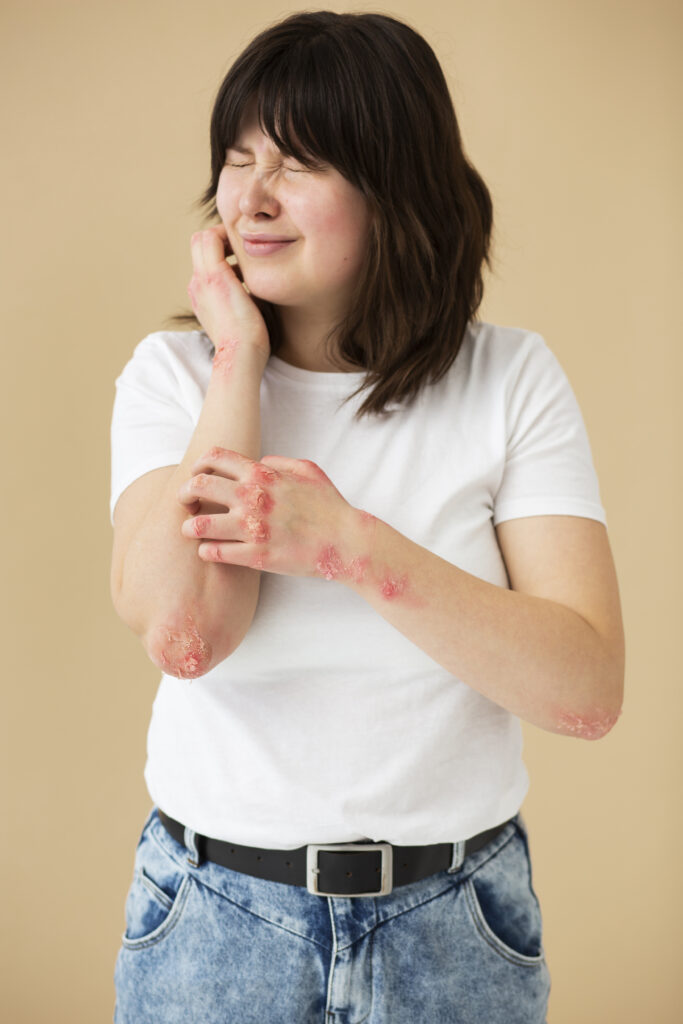
Introduction
1. Deadly Mosquito-Borne Diseases that We Need to Know
It’s foolish to ignore mosquitoes as just pesky insects; they have the potential to cause significant threats to our health.
It’s only because of the mosquitoes that we became aware of mosquito-borne diseases such as dengue fever, malaria, Zika virus, and West Nile virus.
Every year, millions of people are dying in hospitals due to these life-threatening diseases. In such a scenario, we cannot underestimate the impact of these diseases on public health.
Now let’s think about this one. How can we defend ourselves against these diseases? We can tactically resist the mosquito nuisance with the right knowledge and preventive measures.
In this ultimate guide to the prevention of mosquito-borne diseases, you will be enlightened on the various strategies to protect ourselves and our communities from mosquito-borne diseases.
Before that, you should understand the common diseases and identify mosquito breeding grounds.
After that, you will learn about the implementation of personal protective measures and environmental control techniques, and we will equip you with the necessary tools to reduce the risk of mosquito-borne illnesses.
Furthermore, we will also talk about prevention measures for travelers and highlight the significance of community-based initiatives in combating these diseases.
In this blog post, you will get a sneak 360 view of mosquito prevention. Let’s dive in and learn how to safeguard ourselves against the threat of mosquito-borne diseases.
What are Mosquito-Borne diseases?
A tiny bite of an infected mosquito is enough to cause mosquito-borne diseases. Mosquitoes are carriers of various pathogens, including viruses and parasites, which can cause a range of illnesses. Dengue fever, malaria, Zika virus, and West Nile virus are some of the notorious mosquito-borne diseases.
How do mosquito-borne diseases impact public health?
Due to the alarming spread of mosquito-borne diseases, public health is in danger. Widespread outbreaks of these illnesses may result in higher medical expenses, financial hardships, and, in the worst situations, fatalities.
Hence, it is essential to understand the threat posed by these diseases and take proactive measures for the prevention of mosquito-borne diseases.
2. Battling the Buzz: Safeguarding Against the Escalating Risk of Mosquito-Borne Diseases
One thing to note before defending against mosquito-borne diseases is that it is crucial to familiarize yourself with the most common ones and understand their symptoms, transmission methods, and preventative measures.
Dengue Fever: Symptoms, Transmission, and Prevention
A virus called dengue fever can cause flu-like symptoms such as a high fever, excruciating headaches, rash, and pain in the joints and muscles. The Aedes mosquito, which breeds in still water, is the main vector of transmission. Eliminating mosquito breeding sites, using insect repellents, and wearing protective clothing are essential steps in preventing dengue fever.
Malaria: Causes, Symptoms, and Treatment
Malaria is another life-threatening disease. Anopheles mosquitoes transmit this parasitic disease. Headache, fever, chills, and muscle aches are some of the symptoms.
If you think you may have malaria, you should see a doctor right away because prompt treatment is essential. When visiting high-risk areas, use mosquito nets, dress in protective gear, and think about taking antimalarial drugs to prevent malaria.
Zika Virus: Risks, Effects, and Prevention
We are familiar with the Zika virus due to its potential impact on pregnant women and their babies. Notable symptoms include fever, rash, joint pain, and conjunctivitis. Zika virus can be transmitted through various means, like mosquito bites, sexual contact, and from mother to fetus. Wearing protective gear, having safe sexual relations, and applying insect repellents are some preventative measures.
West Nile Virus: Symptoms, Transmission, and Control Measures
Flu-like symptoms, such as fever, headache, body aches, and exhaustion, can be brought on by the West Nile virus. Mosquito bites are the most common mode of transmission. To avoid contracting the West Nile virus, use mosquito repellents, eliminate mosquito breeding sites, and avoid outdoor activities during peak mosquito activity.
3. Clear Out Mosquito Breeding Grounds: Prevention Starts at Home
The first step in the prevention of mosquito-borne diseases is to eliminate mosquito breeding sites in and around your home.
You can lower the risk of disease transmission and drastically reduce the mosquito population by being proactive.
For more information regarding how to control these pesky mosquitoes, visit Pestokill, the top mosquito control agency in the UAE.
Let’s see how we can battle against the buzz.
Common Mosquito Breeding Sites in Residential Areas
Mosquitoes consider even the tiniest pools of stagnant water an ocean for their breeding activities. There are other common breeding sites, such as flower pots, birdbaths, clogged gutters, discarded tires, and neglected swimming pools.
Are you wondering how most of our useless items are helping mosquitoes? That is why it is said to regularly inspect your surroundings and eliminate any standing water that disrupts the mosquito life cycle.
Eliminating Standing Water: Tips for Effective Mosquito Control
The next step is how to effectively eliminate standing water.
Follow these tips:
- Frequently empty and sanitize pet bowls.
- Every couple of days, replace the water in bird baths and vases.
- Make sure your yard is properly draining.
- Cover rain barrels and water storage containers
- Maintain clean, chlorinated swimming pools.
Challenging the Mosquito Life Cycle with Larvicides: A Focused Method
If it is unavoidable, the targeted use of larvicides can destroy the mosquito life cycle. These products have been developed specifically to kill mosquito larvae and pupae in stagnant water sources.
Follow the manufacturer’s recommendations and use larvicides sparingly and responsibly if you want to break the mosquito life cycle.
4. Important safety precautions: Clothing and Personal Repellents
Can we say that eliminating mosquito breeding grounds can significantly reduce mosquito bites and the risk of mosquito-borne diseases?
In addition to that, implementing personal protection measures will give us peace of mind.
Choosing the Right Mosquito Repellent is vital
Do you know what the main things to note while selecting a mosquito repellent are? Actively search for products that contain ingredients like DEET, picaridin, or the oil of lemon eucalyptus.
These are the picks of the bunch for repelling mosquitoes. Also, take into account the needed duration of protection and adhere to the application instructions.
Correct Application of Mosquito Repellents
For best results, evenly apply insect repellent to any exposed body parts. Make sure children are supervised when applying repellents, and never apply them under clothing. When necessary, reapply—especially after swimming or intense perspiration.
Wearing Protective Clothing: The Best Fabrics and Styles
When spending time outdoors in mosquito-prone areas, it is a nice solution to wear protective clothing, which acts as a defensive shield.
Long sleeves, long pants, and socks should be the dress code to minimize exposed skin. Select tightly woven fabrics and consider treating clothing with permethrin, a fabric-specific insect repellent.
Voila. Now you are armed with the above strategies. In this way, you can significantly reduce the risk of contracting these illnesses. Stay vigilant, protect yourself, and spend your time outside mosquito-free!
5. How to Make Your Outdoor Space Mosquito-Proof: Practical Techniques
Mosquito-Proofing Your Yard: Tips and Techniques
Sick of being a buffet for mosquitoes every time you step outside? Use these simple tips and techniques to turn your yard into a mosquito-free haven.
The first thing you should do is clear out any standing water in your yard because these annoying insects use it as a breeding ground. Locate features like gutters, flowerpots, and birdbaths.
To further help deter mosquitoes, think about purchasing citronella candles or torches. We promise that your loved ones will appreciate you making an oasis free of mosquitoes!
Installing and Maintaining Window Screens
Although mosquitoes are indeed experts at sneaking into our homes uninvited, installing and maintaining window screens can be your first line of defense.
Inspect any tears or holes in your screens, as even the tiniest opening can let in these intruders.
When you find your screens in good condition, you can enjoy the fresh air without worrying about mosquitoes turning your home into their personal hangout spot.
Mozzie Traps and Bug Zappers for Outdoor Use
It is always safe to look for an extra level of protection. In that sense, outdoor mosquito traps and bug zappers can be a game-changer.
By drawing, capturing, or electrocuting mosquitoes, these gadgets help lower the number of mosquitoes in your backyard.
Simply follow the manufacturer’s instructions and place these traps away from your seating areas to avoid attracting more mosquitoes.
Say goodbye to those vexing bites and welcome a tranquil outdoor experience!

6. Methods for Controlling Mosquitoes: Chemical and Environmental Solutions
Integrated Mosquito Management: A Holistic Approach
Never complicate mosquito control by not taking a holistic approach. Integrated Mosquito Management (IMM) includes a combination of various methods to target mosquitoes at different stages of their lifecycle.
This strategy includes getting rid of mosquito breeding grounds, applying adult mosquito control methods, and applying larvicides to stop larvae from becoming adults.
These tactics can be used in tandem to control mosquito populations and make your surroundings safer.
Hire Pestokill for integrated mosquito management solutions.
Mosquito Control through Natural Methods and Biological Agents
There are choices if you are searching for more organic answers. Buy Gambusia affinis (also known as mosquito fish) and dip it into water bodies to control mosquito larvae.
Besides, there are natural mosquito repellents made from essential oils available on the market, such as citronella, lavender, or eucalyptus, that can provide some protection.
Embrace your inner eco-warrior and beat the hell out of these buzzing nuisances the natural way!
The Benefits and Drawbacks of Chemical Mosquito Control
While natural methods are ideal, chemical solutions sometimes have an edge over effectively combating mosquito populations.
When used correctly, insecticides can be an effective tool for targeting areas where mosquitoes hide and breed.
To reduce potential risks to you, your family, and the environment, it is critical to use these products responsibly and follow all instructions.
Remember, if you invest a little caution in protecting both your health and the planet, that’s a win!
7. Prevention of Mosquito-Borne Disease for Travelers: Precautions and Vaccinations
Mosquito-Borne Disease Risks are Higher in Different Travel Destinations
What are the factors that you consider when choosing your travel destination? Mountains, beaches, or forests?
It’s important to know about the risks of mosquito-borne diseases in your destination before setting out on your next adventure.
The risk varies depending on the location; tropical regions are frequently hotspots for illnesses like malaria, dengue fever, and the Zika virus.
To guarantee that you are ready for a safe and healthy trip, learn about the specific risks associated with your destination and make plans accordingly.
Pre-Travel Consultations and Vaccinations
Before your trip, it’s a better option to consult with a healthcare professional and protect yourself from mosquito-borne diseases while traveling.
In this way, make yourself aware of the valuable advice on preventative measures and vaccinations that may be necessary.
If possible, take vaccinations for yellow fever or Japanese encephalitis, which can provide crucial protection in high-risk areas.
Hang in there, schedule your pre-travel consultation, and safeguard your health!
Extra Precautions for Travelers in High-Risk Areas
In high-risk areas, things will get worse if we don’t take additional precautions to prevent mosquito bites.
Wear long-sleeved shirts and long pants, and use insect repellents that contain DEET, picaridin, or the oil of lemon eucalyptus.
Remember, mosquitoes are always on their way to a tasty meal, so be alert when protecting yourself.
Never let those tiny winged creatures collapse your vacation mood; stay safe and bite-free!
8. Debunking Mosquito Myths: Separating Fact from Fiction
Myth #1: Garlic and Vitamin B Repel Mosquitoes
Sorry to burst your bubble, but eating a lot of garlic or taking vitamin B supplements will not keep mosquitos away. While these myths are popular, scientific evidence shows that their effectiveness is more folklore than fact.
So, the next time you eat garlic in your meals, feel free to enjoy that and take your daily vitamins. However, don’t solely rely on them to keep those buzzing bloodsuckers at bay.
Myth #2: Mosquitoes Are Attracted to Certain Blood Types
Here is another myth to break. Are you shuddering at the thought that being a Type O blood type means you’re the next target for mosquitoes? Well, fear not!
Don’t let those rumors get into your head. The fact is that mosquitoes don’t have a special attraction to any blood type.
Instead, those buzzing insects are primarily fond of the carbon dioxide we exhale, body heat, and certain chemicals found on our skin. So it is not personal—they are simply drawn to our enticing allure!
Myth #3: Mosquitoes Only Bite at Dawn and Dusk
Although mosquitoes indeed become more active during dawn and dusk, they are perfectly capable of biting at any time of the day.
As these sneaky insects are opportunistic feeders, they will gladly take a sip of your blood within the blink of an eye.
So, don’t let loose your guard just because it’s daytime—those mosquitoes are always looking for a snack!
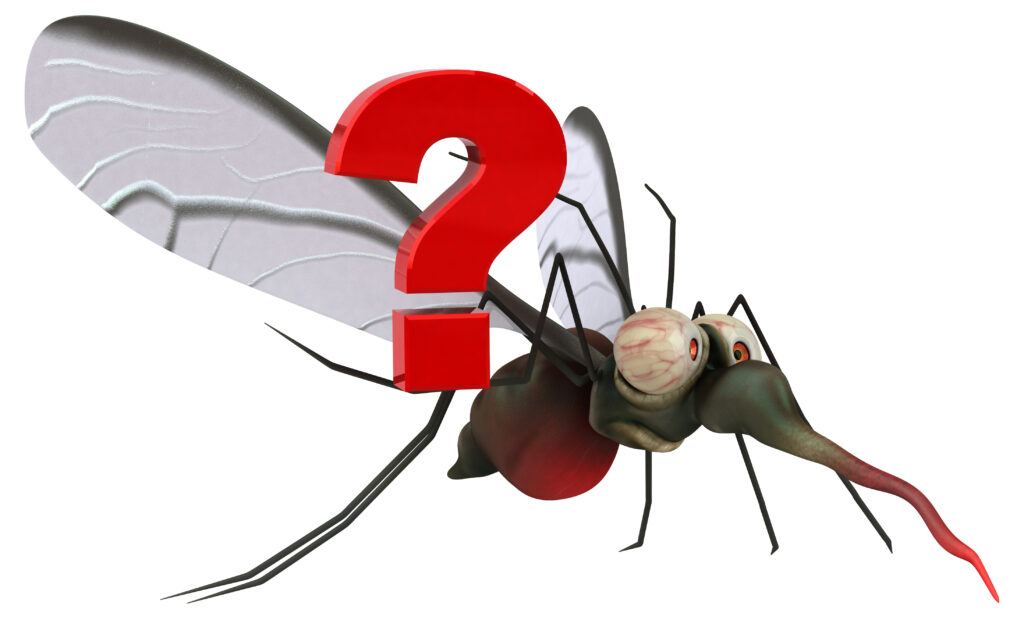
Wrapping Up
Let’s wrap it up. What we need is a proactive and comprehensive approach to defending against mosquito-borne diseases.
By understanding the diseases, identifying potential breeding sites, and implementing personal and environmental preventive measures, you can significantly mitigate the risk of mosquito bites and the transmission of these illnesses. If you are looking for a professional mosquito control service, then Pestokill is the best pick of your choice.
Even if you are staying at home or traveling, staying informed and taking necessary precautions is essential. Don’t forget that our holistic efforts in the prevention of mosquito-borne disease can make a significant difference in protecting ourselves and our communities.
By remaining vigilant and taking precautions, we can collectively lessen the effects of these illnesses and take pleasure in a healthier, mosquito-free environment.
FAQ
1. How can I identify mosquito breeding grounds in my surroundings?
Mosquitoes breed in stagnant water sources, so check your surroundings for standing water regularly. Flower pots, birdbaths, clogged gutters, and discarded containers are all common breeding grounds. Mosquito populations can be decreased by removing these breeding grounds through emptying, cleaning, or appropriate upkeep.
2. Are there any natural mosquito control methods that I can use?
Yes, there are natural mosquito repellents. Mosquito-eating fish can be added to water bodies, or we can use natural mosquito repellents such as essential oils, plant mosquito-repellent plants like citronella and lavender, and maintain a well-kept yard to minimize areas where mosquitoes can hide and breed.
3. Do I need to take any special precautions when traveling to areas with high mosquito-borne disease risks?
Yes, it is advisable to take extra precautions when traveling to mosquito-prone areas. This includes using EPA-approved mosquito repellents, wearing long-sleeved clothing and pants, staying in rooms with proper window screens or air conditioning, and staying alert for peak mosquito activity times. Consulting a healthcare professional before traveling is vital to discuss any necessary vaccinations or medications.
4. What role do communities play in mosquito control and disease prevention?
Don’t underestimate communities, as they play a crucial role in mosquito control and disease prevention. There are so many ways that communities can help in the prevention of mosquito-borne diseases: implementing neighborhood clean-up campaigns, educating residents on mosquito breeding prevention, advocating for proper waste management, and supporting local mosquito control initiatives. By working together, the community can reduce the risk of diseases carried by mosquitoes and create a safer and healthier environment for everyone.


